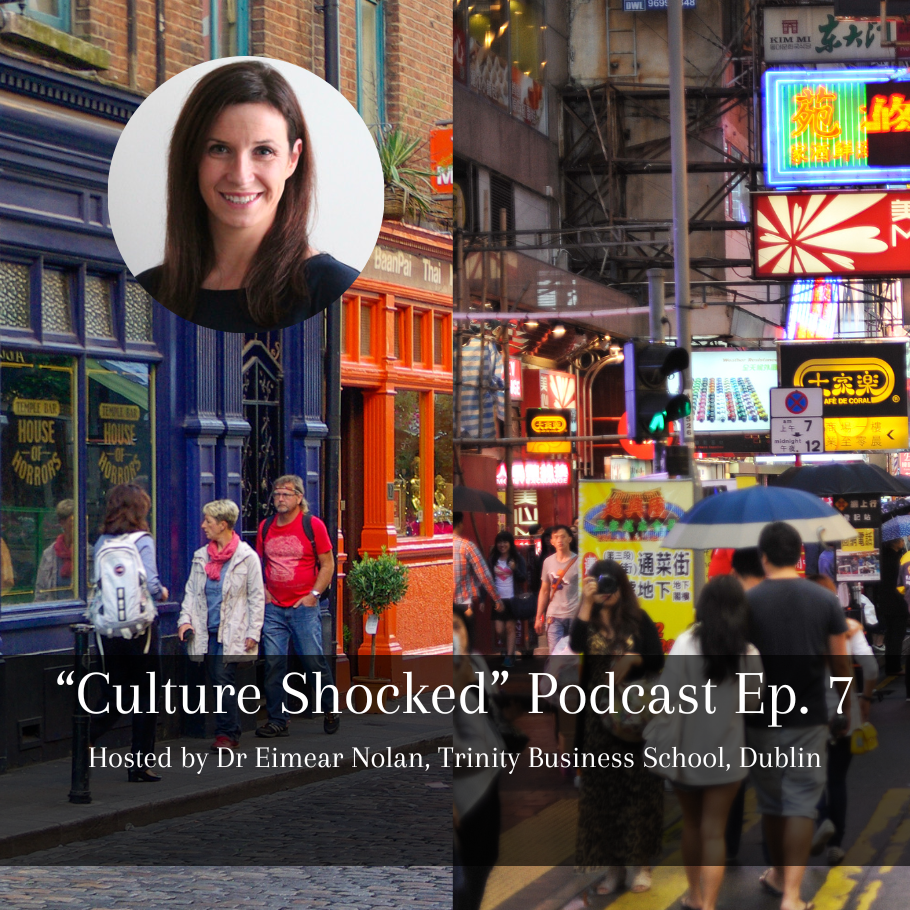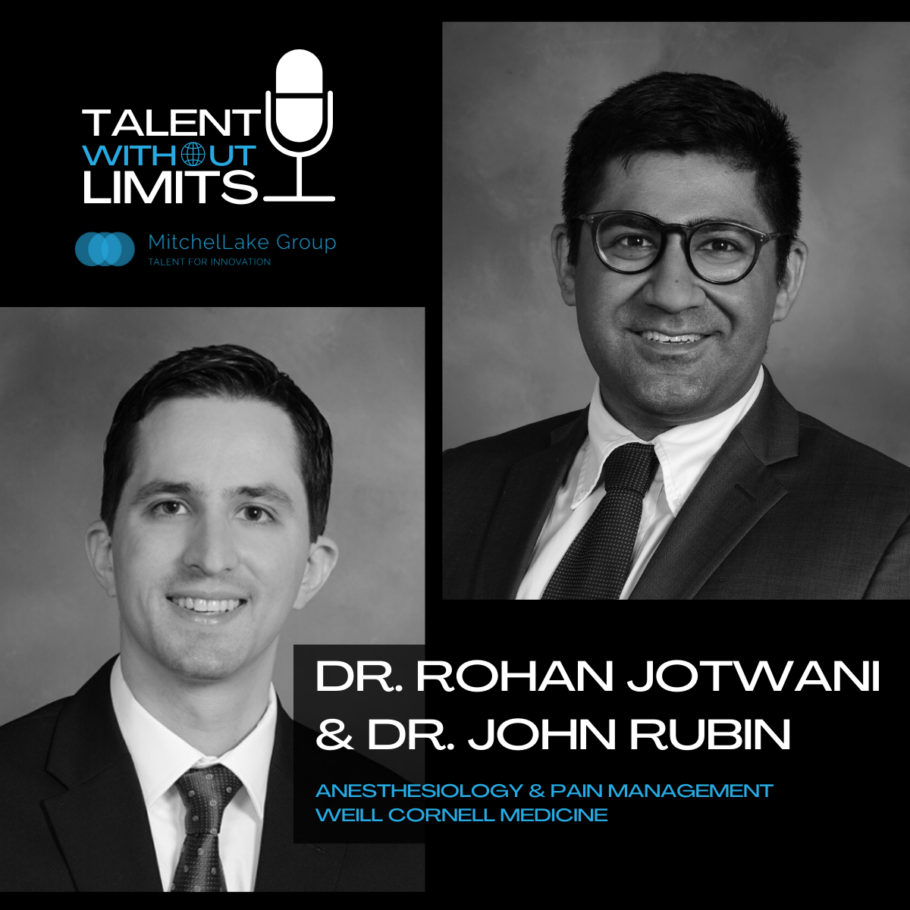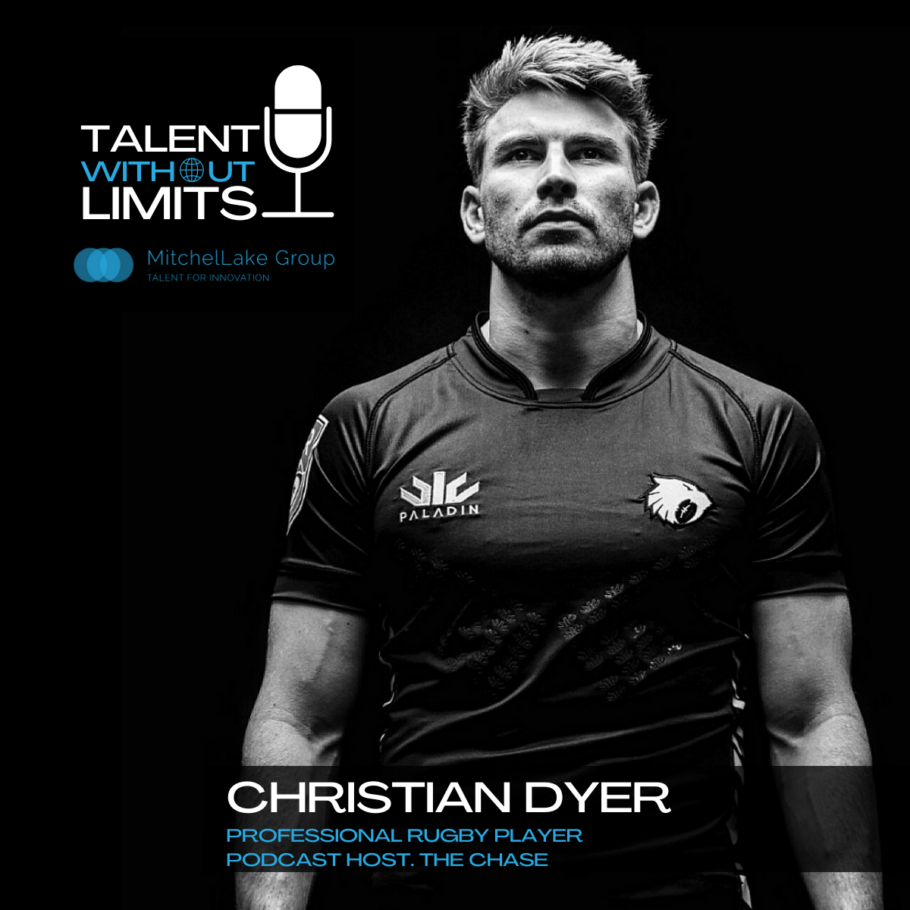Isa Notermans: How Spotify tackles Diversity and Inclusion in the Workplace Posted at 16:20, Mon, 27 April 2020 in Industry Insights Profiles
[vc_row css_animation=”” row_type=”row” use_row_as_full_screen_section=”no” type=”full_width” angled_section=”no” text_align=”left” background_image_as_pattern=”without_pattern”][vc_column][vc_column_text]
Originally from Melbourne, Isa Notermans has 15 years experience in the hiring, retaining and advancing of talent across successful tech companies including Google, Pandora and now Spotify in New York. Isa is particularly passionate about enabling others to do their best work, and has a vested interest in inclusivity and belonging in the workplace.
Disclaimer: I was lucky to catch Isa just before the situation in New York got considerably worse. In addition to the below, I am sure she has a lot of COVID-19 related crisis management on her plate right now. Our thoughts are with Isa and everyone else doing such great work during this, particularly tough time.
Well Isa, what a cool job! How did you come to join Spotify as their Global Head of Diversity and Inclusion?
I was working at Pandora, scaling a business, working with Jane Huxley (now MD Spotify EMEA) and my husband got a tap on the shoulder and he got moved to New York and I joined him! After spending a couple of months at Pandora in New York City, my contacts at Spotify reached out and said we have a cool new role at Spotify, what do you think? My first thought was I don’t know if I want to go back to diversity and inclusion work, it’s really tough, it’s emotionally draining. For a minute I hesitated, and then I thought, if I can define what this looks like at an awesome company like Spotify which is doing such incredible work, then why not just jump in? I love creating things from scratch. And it being a global company with European headquarters, it was kind of like a match made in heaven.
My core mission has always been to enable people to do their best work and thrive in their workplace, and that comes from finding the right people, being a good matchmaker in the recruiting space, ensuring people are in the right roles and have the right skill set, growing them and in creating cultures around them that allow people to thrive. For me, that’s always been a part of my DNA in the work that I’ve done, whether it shows up as a HR business partner or a recruiter, or diversity and belonging practitioner.
What are some of the projects you work on day-to-day?
A huge spectrum. I am working on a lactation policy to support women on breastfeeding as they come back to work. I am working on an engagement survey to ensure we are measuring belonging in the right way. I am working on a belonging summit, which is a global summit for all of our employees that amplifies our efforts and accelerates our mission around belonging, by enabling 150 employees across the globe to be upskilled and drive their passions forward in the space of diversity.
On the external side, I’m speaking at conferences, Universities, talking to the UN Council for women on ways in which we can further the gender equity work or LBGTQ rights outside of our walls and what we can do as an organisation and as a company to put our brand to good use, and really speak to our listeners and reflect who they are in the work that we do. It’s a big spectrum.
What does it mean for a company to be truly diverse and inclusive?
Truly diverse is from top to bottom, representing the world around us today in its many shapes and forms. So not just hiring people who are like the hiring manager. Ensuring we have representation at every level of the organisation, from those at the top in seated positions making big decisions to entry-level folks who are the pipeline of talent for the future. On the inclusivity and belonging front, we have reduced instances of microaggressions, we have parity across our different populations, men and women, different racial backgrounds, disabilities, that we are accommodating workplace and that we are developing and driving policies that are supporting people from different backgrounds in all their differences. Then ultimately we are seeing promotion rates, pay equity, there are no gaps between those groups and the feeling of belonging sentiment is shared across the organisation.
Why is it important for Spotify to pay attention to diversity and inclusivity in the workplace?
It’s important in the workplace as it’s necessary for us (and for any company) to be truly innovative and successful around creating new services and products, and evolving our services and products, we have to represent a very broad spectrum of employees and our users as well.
For us as a company, given we are a consumer-facing company, we have creators, and listeners, and partners and advertisers on our platform, we have to represent all of them. If we don’t have them in our organisation, we’ll never be able to reach them in the best way possible. Meaning, we won’t understand the dynamic that we are advertising to. We won’t know what it is to be an accessible product for someone with low vision or low hearing, we won’t know what it is to be a product that serves our non-binary and trans customers with contents that rich and meaningful for them. Without having the voices internally, we’ll always miss the mark.
Being diverse allows us to be relevant, it allows us to drive culture, it allows us to be successful as a company and as a brand. Belonging and inclusion spark joy, you’ve got a place where people come to work and almost feel like they are at home and they’re part of something, they have meaning and are valued. That humanitarian standpoint is vital to an organisation. It’s our obligation to people to create that space and be a place of employment where you can be who you are.
I haven’t seen many similar roles in Australia – why is that?
I think Australia is still figuring out what it’s identity is from a diversity lens. Where we sit geographically in the world, our history of migration, of how colonisation occurred in this country, I think there’s such an intricate sense of what it means to be Australian and what constitutes that; but I think we still haven’t really defined our diversity and inclusion identity. When you adopt things like the UK or US approach we miss the mark on things like our indigenous population or other groups that really matter to us, like our Muslim population or our Asian Heritage population. From an ethnicity standpoint, I think that is still being figured out. I think we’re still getting on that journey. There is more and more appetite for this because of the melting point here, but we are working with some pretty resistant norms – white Australian norms are pretty embedded into our culture and we still haven’t figured out what the counterpoint is to that, and the privilege that comes with that and how to drive equity.
Have you got any examples of where you’ve seen success in any particular initiatives?
Our Global Belonging Summit or Inclusion Summit was very powerful for us. It’s everyone’s role and responsibility to ensure that people feel like they belong; that managers are using unbiased processes to evaluate or progress their staff members or team members, that leadership is leaning into inclusive language, signals and symbols. It’s one of those roles that I feel like everyone needs to be a part of it, but how do they contribute in a way that’s meaningful? We pulled together what we call a Belonging summit that upskills people in the discipline of diversity and inclusion; introducing people to new concepts, how they create diversity strategies within their workgroups, teams and business units, and also how to be a better influencer on these topics. This has been truly successful for us.
We have also done incredible work in focusing on gender. We have 30% females on our board, 30% females on our executive level and have 42% women globally across the business. We increased from 28% to 42% in just a couple of years which is pretty remarkable. We are seen as a gender leading company, especially due to our generous parental leave which is 6 months. These are signals; not in and of themselves a great programme, but they are signals that we care about it, signals that we are invested in this, signals that how you show up at work matters to us.
We are working on a reverse mentorship programme now between our executive team and our black employees. Which is turning out to be a super powerful experience, and really starting to close the gap in our understanding from an executive presence perspective to an employee perspective on life at work. Which is very very rich.
Sounds interesting! What does a reverse mentorship programme involve?
The black employees are matched with an executive team member, so our CEO, or our CMO or our CHRO, and they become a mentor to that executive team member – translating and upskilling and finding solutions to challenges that our black employees face within our organisation. We realised our black employees were experiencing different levels of inclusion, and it has been our greatest focus of the past year. We feel that we can both educate our leaders and build up the confidence and abilities of our small cohort of black employees and try and work together in solving some of the issues that exist.
Have people been quite responsive and willing to be involved in such initiatives?
I would say yes, mostly. Some things take a little bit more work and there is more resistance to them, but for the most part I think when we bring well-formed, well researched and data-driven insights to a problem or an opportunity it gets backed pretty well.
That’s great! Data can be very powerful in getting sceptics over the line. What do you love most about your role, and working for Spotify generally?
Spotify is constantly changing, it’s always moving. No two days are the same, no two years are the same. The people are super smart and humble, and I guess it feels like a team effort and highly collaborative. I love working with tech folks, music folks, creators and podcasting folks. I get to work with a myriad of people and talent, that’s an exciting place to be. I think our mission is very clear; it’s very purpose-driven, and that inspires me. In my job, again no two days are the same, it’s not easy, there’s no roadmap, no one has done this before. If the problems were solved, this wouldn’t even be a job. We are literally paving the path as we are moving along. The work is endless as we are changing mindsets, shifting stigma, shifting stereotypes, and we’re overcoming systemic oppression. All those things that are deeply rooted in human nature. It feels good to be part of that movement!
I bet, these are not small issues! Finally, I have to ask, what is your most played artist or song on Spotify right now?
Besides Disney classics? I love Podcasts – the Daily by the New York Times. The Dolly Parton one is awesome too. Music-wise I love Dua Lipa and Sam Smith, they are just doing such great things in music.
What is your workplace doing to improve diversity and inclusion? How can you be part of the solution?
[/vc_column_text][/vc_column][/vc_row]



